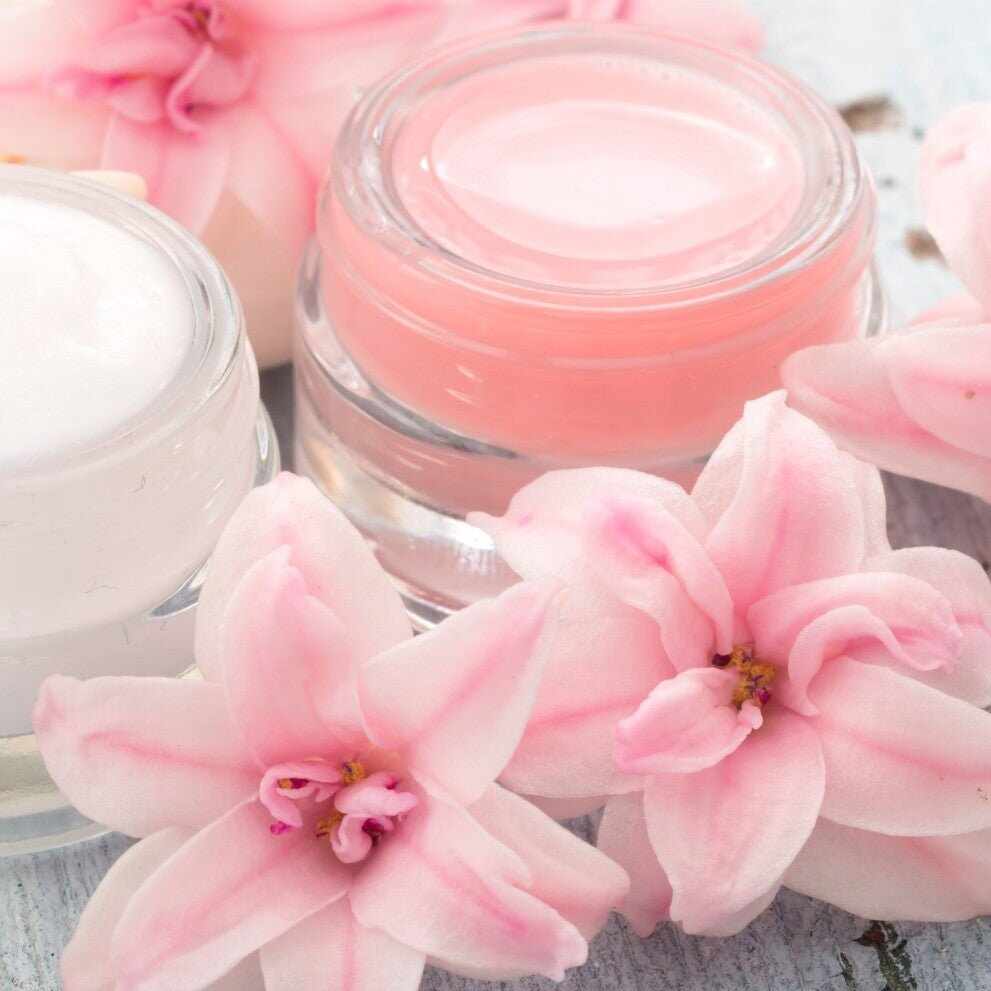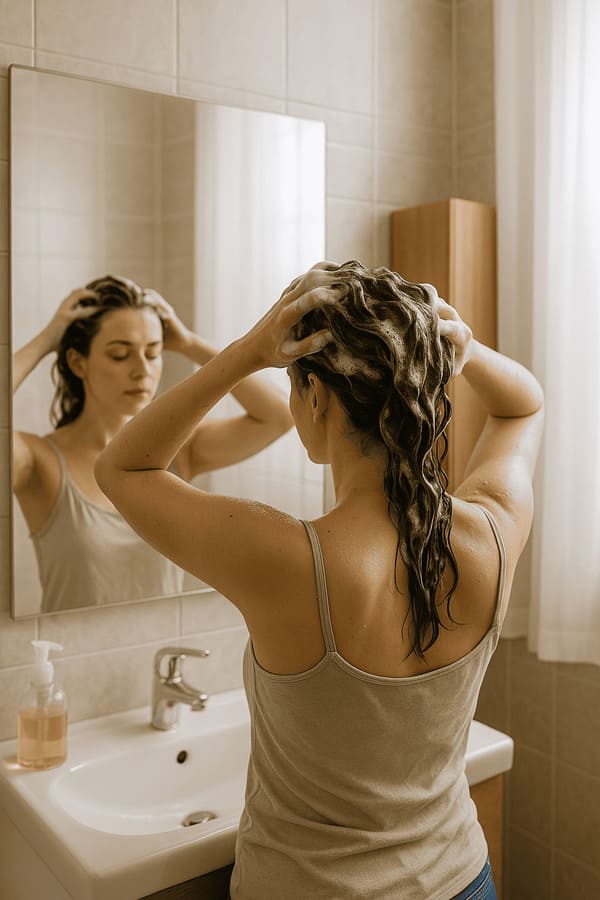Expiry, PAO and correct storage of cosmetics are essential to use our products safely and without waste.
Especially when we use natural and organic cosmetics, it is important to pay maximum attention to avoid any type of bacterial contamination.
Each cosmetic has a PAO or expiration date on the label , according to European regulations, to provide us with useful information on the shelf life and ensure the safety of consuming after purchase. The expiration date of cosmetics and PAO are different indications, which help you understand how long your product can be used safely.
In this article we talk about cosmetics expiration date, PAO and how to best store your products.
Expiration date or PAO?
Most cosmetics are formulated with water, where bacterial flora lives that can affect the characteristics of the cosmetic product. In order to use a product in complete safety, preservatives are inserted into the formula that protect it from fungi, mold, bacteria and yeasts. These preservatives ensure the stability and integrity of the product for a certain period of time , which is evaluated through rigorous tests.
If the shelf life of a sealed product is less than 30 months, the law requires that the expiry date be indicated on the label .
This date is linked to the time of production of the product and does not affect its opening date.
The expiry date is indicated by printing the month and year within which the product must be consumed; the expiry date refers to the product correctly stored and guarantees that within this period of time, the cosmetic preserves all its functions and safety.
What is PAO?
The PAO of a cosmetic is the period after opening within which the product must be used. It is indicated by the symbol of an open jar with a number inside that represents the number of months within which a product must be used after opening.
For example, if you find the indication "6M" it means that the PAO of that product is 6 months from the date of opening. The PAO is indicated by law on all products that have an expiration date greater than 30 months from production.
What to do if the product is expired or beyond the PAO?
The PAO of a cosmetic and its expiration date therefore represent periods within which the manufacturer assures us that the product, if well preserved, is 100% safe and maintains its properties unaltered.
However, once the PAO and expiration date have passed, it does not necessarily mean that it should be thrown away immediately: if a product has not changed its smell or consistency, we can take some precautions to use it and reduce waste!
If the product has expired a few weeks ago or if the PAO has passed a few weeks ago, let's evaluate its shape, smell and colour:
- Have the phases (water and oil) separated or is the consistency perfect? Are there lumps or stains?
- has the color changed?
- Does the scent smell rancid or has it simply faded away?
If you answered "yes" to any of these questions, then it's time to throw the product away! If the product is still unaltered, you can continue to use it, trying to finish it as quickly as possible.
Warning: Some products undergo changes that cannot be seen by the naked eye. This happens especially with products that are easily contaminated, such as makeup and jarred products.
In this case it is better to throw away the product rather than risk dermatitis or irritation!
Even in the case of creams with SPF, I advise against using them beyond the PAO and expiration date: in this case, it would not be possible to be sure of the effectiveness of the sun filters inside the product and we would therefore find ourselves at risk of exposing ourselves to the sun without adequate protection.
Cosmetics storage: rules to follow for correct storage.
To ensure proper preservation of your cosmetics, you can follow some small tips during use:
-
Wash your hands: It is essential to wash your hands before taking a cream because dirty hands can cause bacterial contamination and dirt deposits inside it.
If you use cosmetics in jars, I recommend using a scoop to scoop out the amount you need for each use.
-
Do not leave containers open : avoid leaving the container open, except for the time strictly necessary, to prevent a possible deposit of bacteria present in the air or the evaporation of the water present in the formula.
-
Store in a cool, dry place : prefer cool, dry places away from light and heat to store your cosmetics as high temperatures could alter their formula, making it less effective and functional.
-
Do not dilute cosmetics : if you want to dilute a product (e.g. shampoo), pour the necessary dose into another specific container and use it entirely in the shortest time possible.
The water that flows from the taps is full of bacteria that could affect the preservation.
-
Evaluate the 3 fundamental aspects : it is good to constantly evaluate 3 fundamental aspects: shape, color and smell that ensure the correct conservation of the product.
If you notice changes in any of these parameters, the product can no longer be used.
-
Keep the packaging clean : for correct and long-lasting conservation it is a good idea to clean the packaging by eliminating any accumulations or residues of product, especially in the areas around caps and dispensers.
-
Note the first use : write down on a notepad or directly on the label the day you opened the product to always keep the PAO under control.
-
Prefer personal use: to avoid bacterial contamination it is best to make personal use of some types of cosmetics, such as make-up or products with applicators that come into direct contact with the skin (for example roll-ons).
-
Refrigerator : Keep products in the refrigerator only if indicated on the label as low temperatures could affect the functionality of the formula in a similar way to high temperatures.
-
Clean accessories : it is good to use cosmetics with clean accessories to avoid contaminating the formula and applying accessories to the face that could cause allergies or dermatitis.
-
Do not open cosmetics in shops : Avoid opening cosmetics in shops as this will affect their shelf life and will inevitably start the period of validity for use (even if the cosmetic has not yet been purchased).
- Infections or irritations : If you have an infection or skin irritation, do not use the cosmetic on the affected area to avoid contaminating it. If you have used a product on an infected area, it is best to throw it away.








